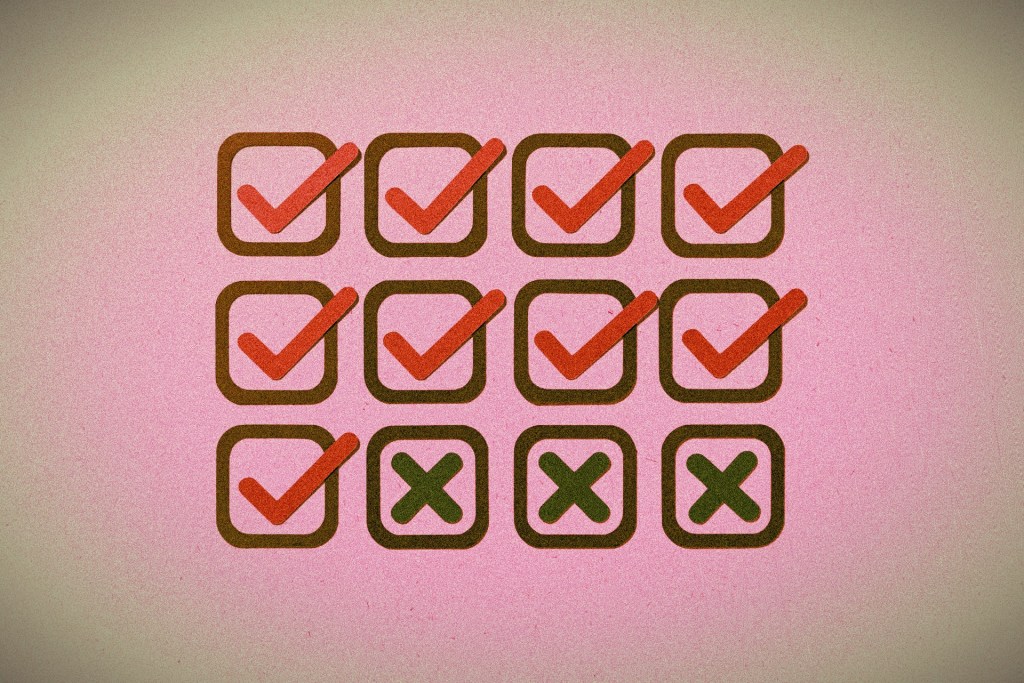T4K3.news
Debate Surrounds Ethics of Modern Parenting
A discussion emerges about the morality of using genetic technology for embryo selection.

Reflecting on contemporary views around parenting and health, this article challenges societal perceptions.
The Ethics of Childbearing in a Changing Society
In her examination of modern parenting ethics, the author discusses the impact of societal pressures on individuals considering the health of their children. Set against a backdrop of declining fertility rates and advanced genetic testing, the article draws parallels with P.D. James’ novel 'The Children of Men,' highlighting increasing intolerance towards imperfection in procreation. Noor Siddiqui, CEO of Orchid, promotes genetic screening to avoid passing health issues to children, raising moral questions about her approach. Critics claim this fosters a consumer-like mindset in choosing embryos. The issue extends beyond ethical considerations, touching on the perception of individuals with disabilities and their right to reproduce, reflecting a complex societal belief that prioritizes health over the inherent value of life itself.
Key Takeaways
"We are not put here to be happy and comfortable all the time but to try to be good."
This quote highlights the deeper purpose of life beyond personal comfort, underscoring the value of struggle and growth.
"By giving parents the illusion of so much control, these technologies could lead to viewing embryos as a consumer product."
This statement critiques the commodification of life through advanced genetic technologies, raising ethical concerns.
"What if we are paying for the absence of pain with the absence of joy?"
This question challenges the notion of avoiding hardship in parenting, provoking thought on the balance of suffering and happiness.
"Each new life is a chance for redemption."
This perspective emphasizes the intrinsic worth of life despite challenges, promoting a more compassionate view of parenthood.
This editorial presents an urgent call to reconsider the narrative around childbearing, which often pressures individuals to produce 'optimal' children. While advancements in genetics offer new possibilities for preventing certain health issues, they also risk encouraging a culture that undervalues life marked by disabilities. The tension between the desire for control over life outcomes and the unpredictable nature of existence raises ethical dilemmas. Embracing the full range of human experience, including its challenges, can foster resilience and compassion in both parents and children, as illustrated by the perspectives shared in the stories of parents facing difficulties but choosing to raise families regardless of their circumstances.
Highlights
- Life is unpredictable, yet we seek control at the cost of joy.
- Choosing to have children is a deeply personal decision, not just a health equation.
- Every new life offers a chance for redemption beyond genetic perfection.
- We should ask ourselves what we lose by rejecting the imperfect.
Ethical Concerns in Childbearing Practices
As genetic technologies advance, the push for optimal health in parenting raises ethical issues about who is deemed fit to reproduce. This has implications for societal attitudes towards disabilities and individual worth.
Reevaluating the ethics of childbearing allows for a richer understanding of human worth beyond mere perfection.
Enjoyed this? Let your friends know!
Related News

AI companions reshape the concept of love

Historic baby born from record-breaking frozen embryo

Sydney Sweeney's Ad Raises Eyebrows Online

Mom Confronts Store for Selling Weapons to Children

US military strikes Iran linked to evangelical beliefs

Mitochondrial disease IVF breakthrough announced

Ancient Child Skull May Change Our View of Human Evolution

Parents navigate teen alcohol consumption choices
